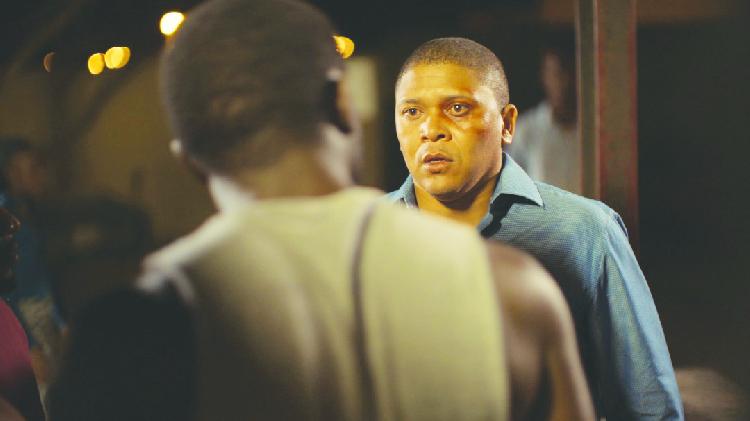Africa-Press – Namibia. AFTER two years of awards and acclaim on the international film festival circuit, ‘Kapana’ (2020) will finally make its way to Walvis Bay.
The free screening will be held at the municipality’s Library at 19h00 tomorrow and is open to the public. Hailed as a groundbreaking local LGBTQI+ love story, ‘Kapana’ focuses on the relationship between a young professional and an urban kapana seller as they navigate their union in a society still greatly discriminatory towards LGBTQI+ people and intolerant of same sex relationships.
‘Kapana’ stars Adriano Visagie and Simon Hanga. The film is directed by Philippe Talavera and will make its coastal debut in collaboration with Equal Namibia.
“Equal Namibia is a social movement and a community based organisation, so the essence of our function is going into and uplifting communities. We decided to bring ‘Kapana’ to Walvis Bay to really expand out of the city of Windhoek and bring LGBTQI+ persons stories closer to the people,” says Equal Namibia co-founder Omar van Reenen.
“Everything in this movie comes down to one root cause and that’s the effect of homophobia and discrimination and the impact of living in a country where sodomy is still criminalised, where the sodomy law gives a licence to discriminate,” says Van Reenen.
The film features an award-winning performance by Visagie, and offers an alternative to the often violent LGBTQI+ stories one routinely sees on screen.
“The notion and the story of ‘Kapana’ speaks for so many people,” says Visagie. “When we think of queer stories, we always expect the violence. When is the police brutality happening?,” he says.
Though the film tends towards the positive for its protagonists, Visagie stresses that the struggle for the recognition of LGBTQI+ rights in Namibia continues.
“’Kapana’ has sparked international waves and I think a lot of people think: ‘You know what? Namibia seems so developed’,” Visagie says. “But under the Constitution, there are things that we are still fighting for.”
Though ‘Kapana’ continues to do its international film festival rounds, the film is only just premiering at the coast, for a number of reasons including funding and a lack of infrastructure.
“We need more town councils and venues taking a stand – as Walvis Bay did – and inviting us to come and screen our films. We want the films to be shown locally, of course. But we can’t do it alone,” says Talavera.
“We want to create safe spaces where we can have a conversation. As a society, we can only evolve if we agree to sit at the same table and listen to one another.
For More News And Analysis About Namibia Follow Africa-Press






